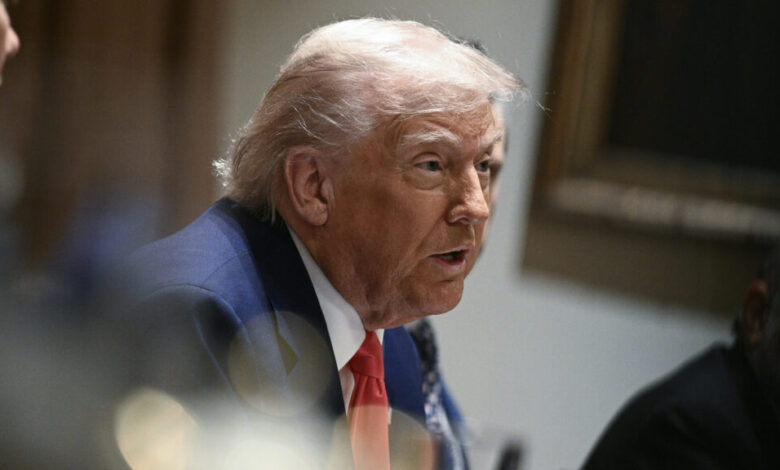Trump ends funding for some non-medical services in Medicaid

The Trump administration has made a significant policy shift that will impact the Medicaid program in states across the country. In a recent announcement, the Centers for Medicare and Medicaid Services (CMS) stated that it will no longer provide federal funding for non-medical services that are often used to improve housing and nutrition for Medicaid enrollees. This decision marks a departure from the previous efforts of the Biden administration to support non-medical services as a way to enhance the health outcomes of Medicaid beneficiaries.
The specific programs that will be affected by this change are the designated state health programs (DSHP) and designated state investment programs (DSIP). CMS has informed states that they will no longer be able to use federal matching funds for these programs, and new applications will not be accepted. The federal funding for DSHP and DSIP has increased significantly in recent years, from $886 million in 2019 to nearly $2.7 billion in the current year. The Trump administration argues that states have been using these programs to shift the responsibility for certain services to the federal government, rather than funding them themselves.
It is important to note that Medicaid is a crucial program that provides healthcare coverage to millions of low-income individuals and families. The federal government spent approximately $600 billion on Medicaid in 2023, highlighting the program’s significance in ensuring access to essential healthcare services for vulnerable populations. However, the decision to halt funding for non-medical services may have implications for the overall well-being of Medicaid enrollees.
The announcement has sparked debate and concern among healthcare advocates and policymakers. Some argue that non-medical services, such as access to stable housing and nutritious food, play a critical role in addressing the social determinants of health and improving health outcomes. By cutting off funding for these services, there is a risk that Medicaid beneficiaries may face barriers to accessing the resources they need to lead healthy lives.
As states navigate this policy change, it will be important to monitor the impact on Medicaid enrollees and health outcomes. Advocates may continue to push for investments in non-medical services as a way to address the underlying factors that contribute to poor health outcomes. Ultimately, the decision to shift away from funding non-medical services in the Medicaid program reflects a broader debate about the role of government in addressing social determinants of health and promoting health equity.




